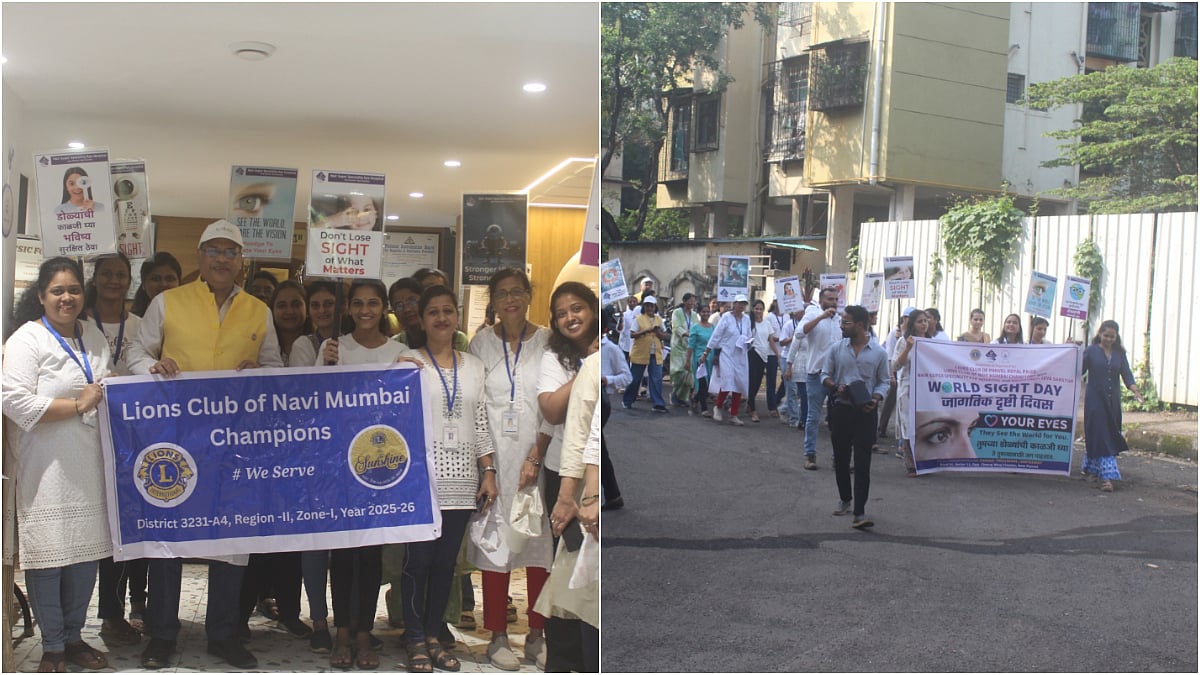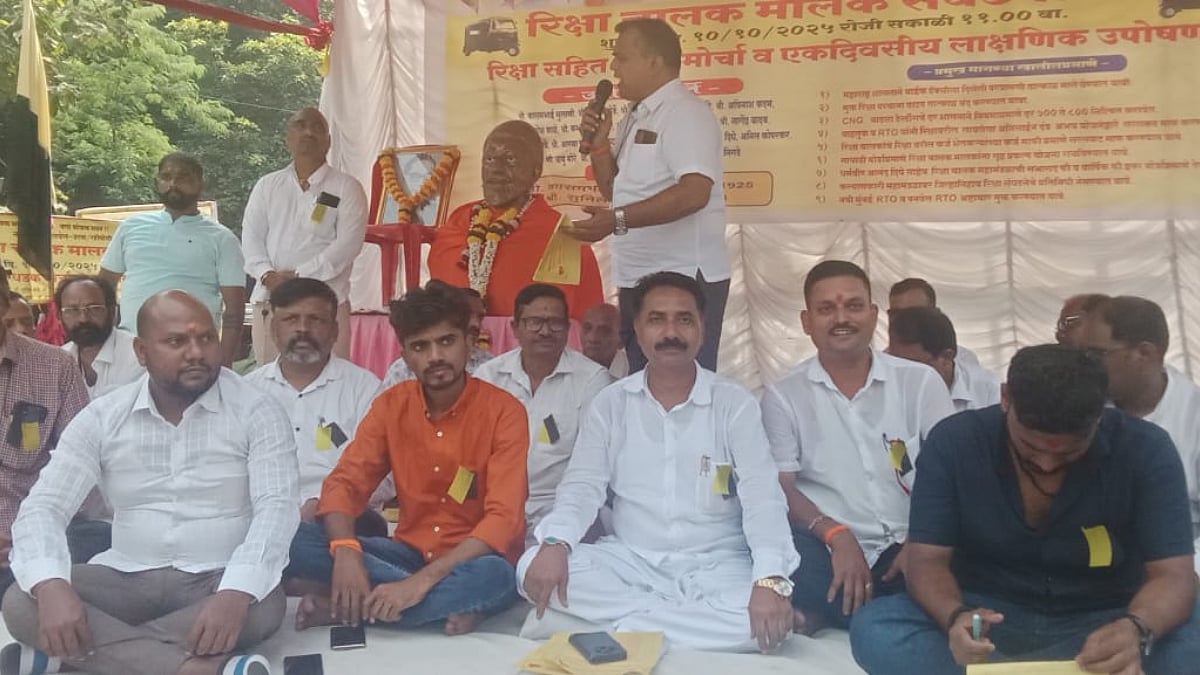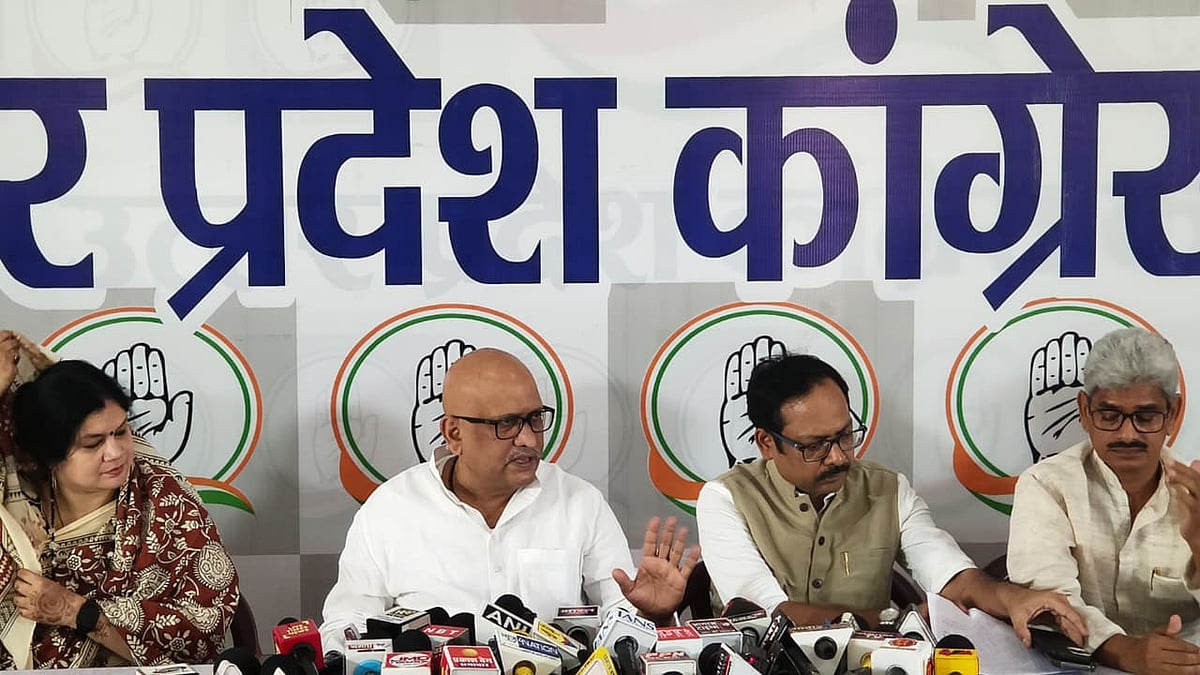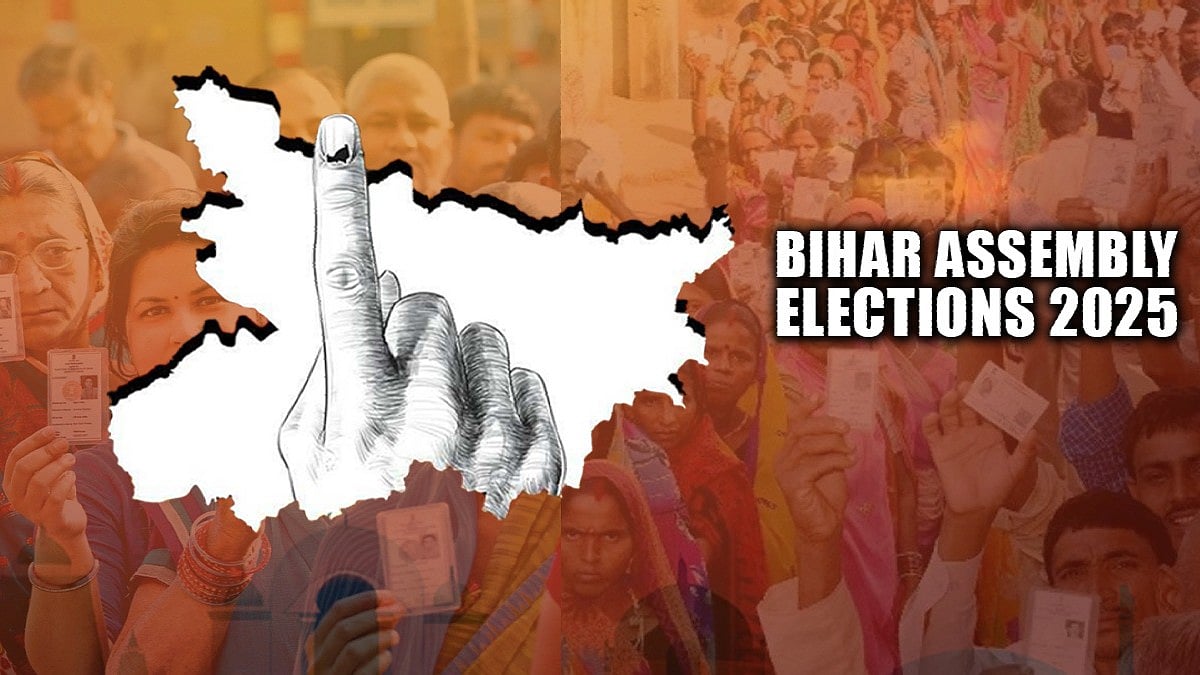Parliament witnessed chaos on Wednesday when Union Home Minister Amit Shah introduced three Bills with far-reaching implications for Indian democracy. The proposals seek to disqualify ministers, chief ministers, and even the Prime Minister if they remain in jail for 30 consecutive days on corruption charges or other serious offences. On the surface, the Bills may appear to strengthen probity in public life. But a closer examination reveals them to be deeply problematic, striking at the core principles of the Constitution and federalism. The first objection is legal and philosophical. The Indian Constitution enshrines the principle that every individual is innocent until proven guilty. Disqualification after mere incarceration—even without conviction—undermines that foundational belief. Judicial processes in India are notoriously slow, and leaders can spend weeks or months in custody without their guilt being established. To penalise them before the trial is complete is to allow imprisonment itself to serve as punishment, which contradicts both the letter and spirit of justice.
Second, the Bills threaten the delicate balance of powers between the Legislature, Executive, and Judiciary. Elected representatives are accountable to the people, not to investigating agencies or even the judiciary in matters of tenure. Disqualifying them merely because they are in custody hands disproportionate power to investigative agencies, which can be misused to settle political scores. The Opposition has rightly flagged another concern: selective targeting. Since 2014, when Prime Minister Narendra Modi first came to power, at least 13 sitting ministers have been detained, most under the stringent Prevention of Money Laundering Act (PMLA). The law makes bail exceedingly difficult, ensuring long spells in jail. Of these 13 ministers, 10 were arrested under PMLA. Tellingly, none belonged to the BJP or its allies. The pattern is unmistakable: most arrests have taken place in Opposition-ruled states such as Delhi, under the Aam Aadmi Party, and West Bengal, under the Trinamool Congress.
If such a law had existed in the past decade, several sitting ministers from Opposition parties would have been permanently disqualified, not because they were proven guilty, but because they were denied bail. Meanwhile, those aligned with the ruling party appear to have enjoyed immunity from similar action. This asymmetry makes the proposed Bills look less like instruments of accountability and more like political weapons. Strengthening democracy requires ensuring that corruption cases are tried swiftly and fairly, not that leaders are punished pre-emptively. True reform would be judicial reforms that guarantee speedy trials, transparent investigations, and accountability of the agencies themselves. The Bills introduced by the Home Minister may be cloaked in the rhetoric of fighting corruption, but their effect will be to erode federalism, undermine justice, and weaponise law against political opponents. Parliament must reject them outright.










